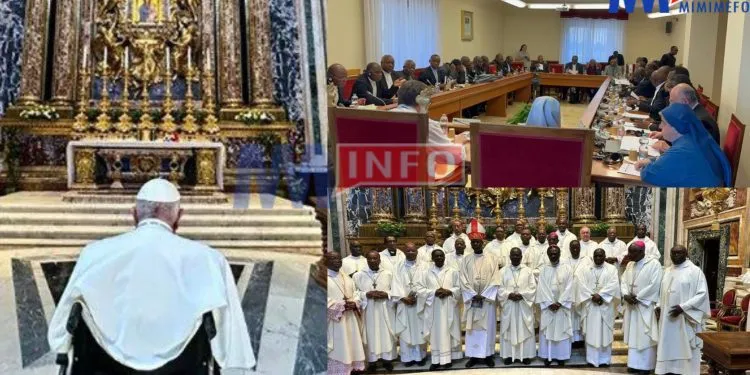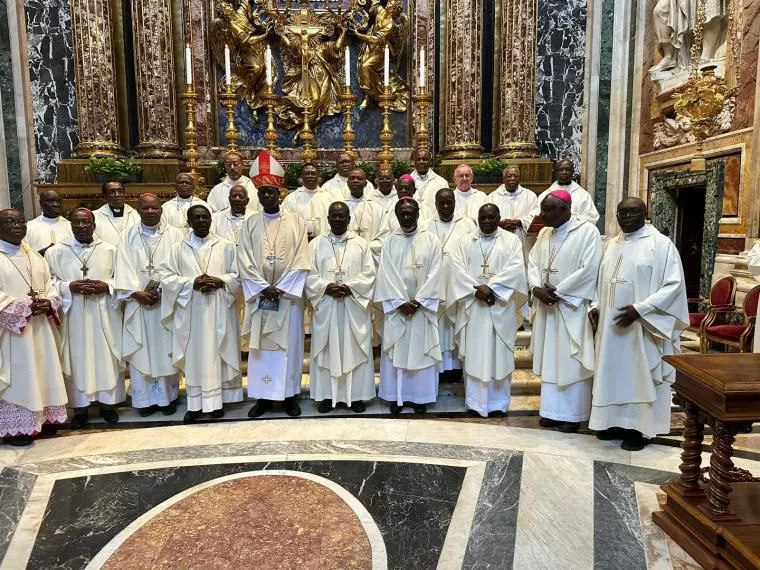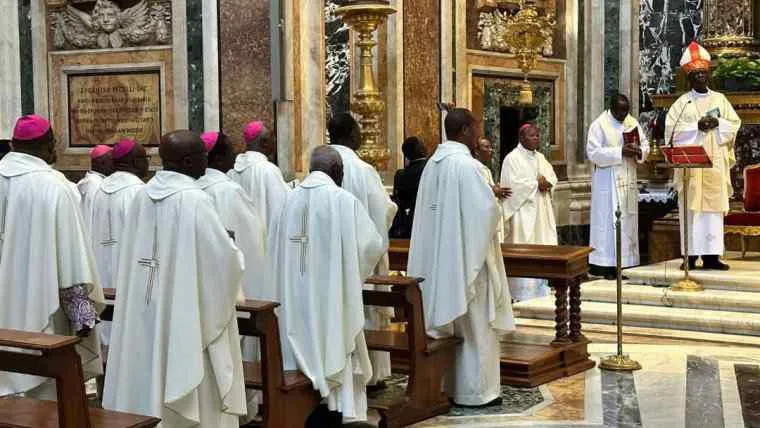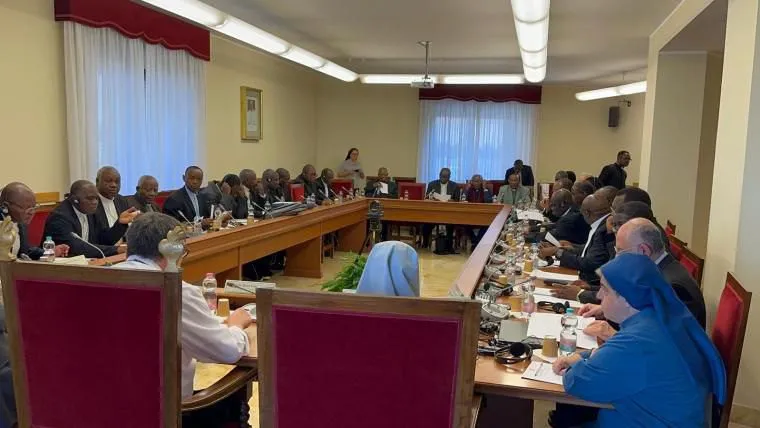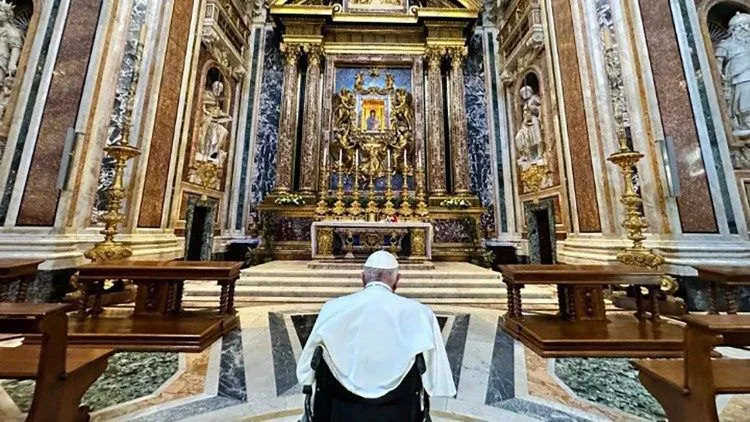Bishops of the Roman Catholic Church in Cameroon have ended their week-long visit to the Holy See in Rome for what is known in the Church’s tradition as ‘Visitatio Ad Limina Apostolorum’. The visit that started on September 11 ends today, September 17.
Five Archbishops and 21 Bishops in Cameroon travelled to Rome for the visit, which happens every five years for all Roman Catholic Bishops.
On its website, the Buea Diocese, in Cameroon’s South West Region, wrote that Visitatio Ad Limina Apostolorum is an obligatory visit made by all Roman Catholic Bishops to Rome during which they pray at the tombs of St. Peter and St. Paul.
It is also a forum where the Bishops meet with the Pope and Vatican officials.
During this visit, the Bishops renew their allegiance to the Pope and illustrate the particularities that distinguish their ecclesiastical region from a religious, social, and cultural perspective and how the Church intervenes in times of challenging situations.
Day one of the religious ritual was marked by an opening mass with the Bishops of Cameroon at the ‘Basilica di Santa Maria Maggiore’. The Bishop of Kribi, Mgr. Damase Zinge delivered the homily while Mgr. Samuel Kleda, the Archbishop of Douala, presided over it.
The prelates visited three Dicasteries: the Dicastery for Institutes of Consecrated Life and Societies of Apostolic Life; the Dicastery for Promoting Integral Human Development (which deals with Health, CARITAS, immigrants and refugees, justice, and peace); and the Pontifical Commission for the Protection of Minors.
The high point of Visitatio Ad Limina Apostolorum for the Bishops was their meeting with Pope Francis. They also celebrated masses at the major Churches of Rome, including St. Peter’s Basilica, St. Paul Outside the Walls, St. John Lateran, and St. Mary Major.
The Bishops, in sequence, have also met with officials from many of the departments and offices in the Roman Curia.
Visitation Ad Limina Apostolorum (to the threshold of the apostles) dates as far back as the visits that all Bishops had to make to Rome as established in the Council of Rome in 745, under Pope Zacharias, the last pope of the Byzantine Papacy.112:03


